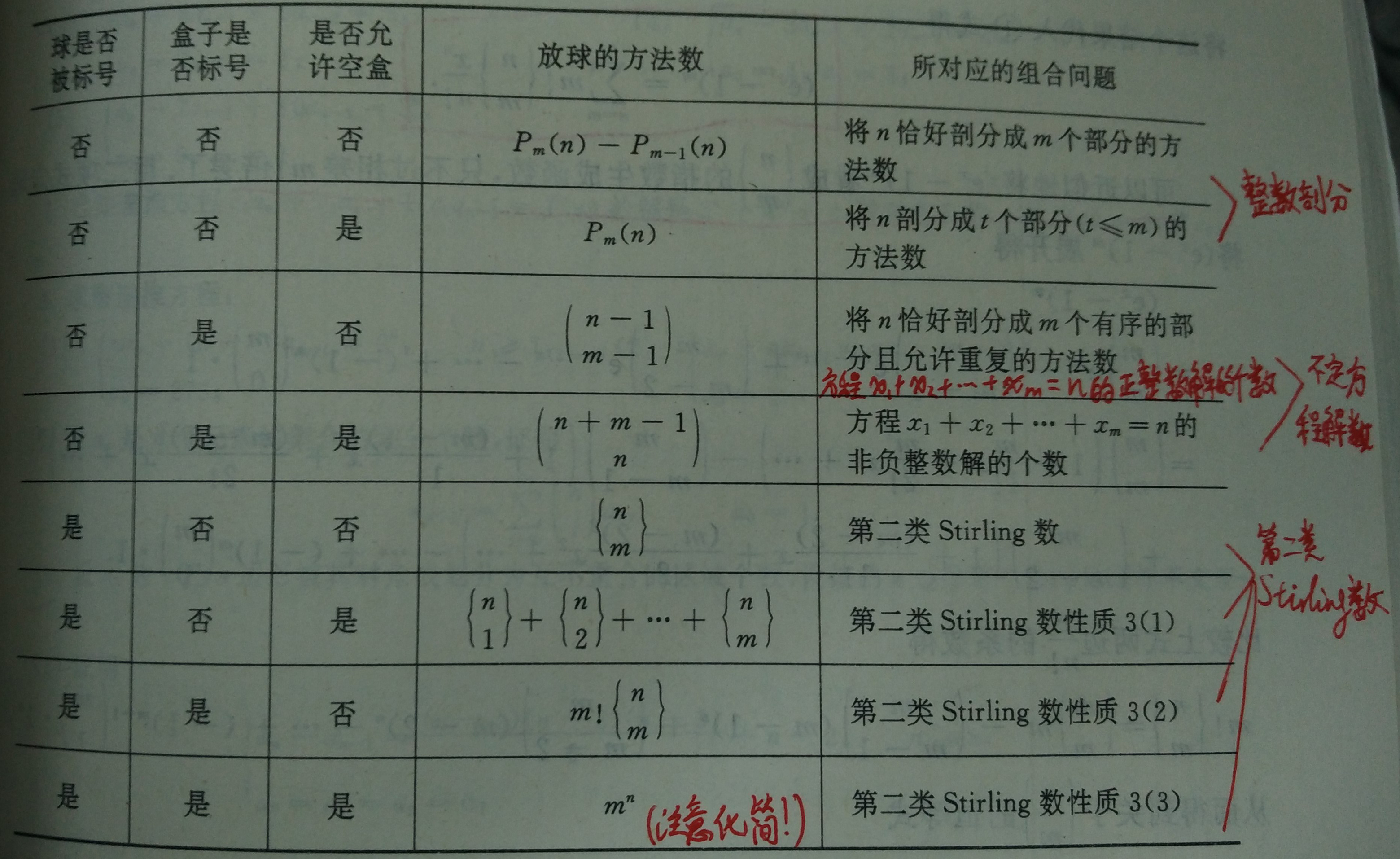
n相同球放入m个相同盒子,允许空盒的情况。这个问题和分拆函数(partition function)有关,似乎没有解析解。可以通过递归求解,代码为:
#include <iostream>
using namespace std;
int f(int n, int m)
{
if(m == 1 || n == 0) return 1;
if(m > n) return f(n, n);
return f(n, m-1) + f(n-m, m);
}
int main(){
int n,m;
while(true){
cin >> n >> m;
cout << f(n,m)<<endl;
}
return 0;
}
n个球放入n个盒子,n趋于无穷时,最多球的盒中球的个数为:

趣味题:一共有162个不同的小球,其中6个为红球,其余为白球。有6个不同的盒子。然后把这些小球平均分给这6个盒子。问:
(1)6个红球都在第一个盒子的概率?
(2)6个红球被分到同一个盒子的概率?
解:
(1)(156C21)/(162C27)
(2)1/(6^5)
第二小问模拟程序:
#include <iostream> #include <cstdio> #include <cstdlib> #include <ctime> #include <cmath> using namespace std; int p[6]; int main(){ srand(time(0)); int n = 100000000, m=0; int t = n; while(t--){ for (int i = 0 ; i < 6 ; i++){ p[i] = 0; } for (int i = 0 ; i < 6 ; i++){ p[rand()%6]++; } for (int i = 0 ; i < 6 ; i++){ if (p[i] == 6){ m++; break; } } } cout << m << "/"<< n << "="<<double(m)/double(n)<< " err="<<double(m)/double(n)-1/double(pow(6,5))<<endl; return 0; }